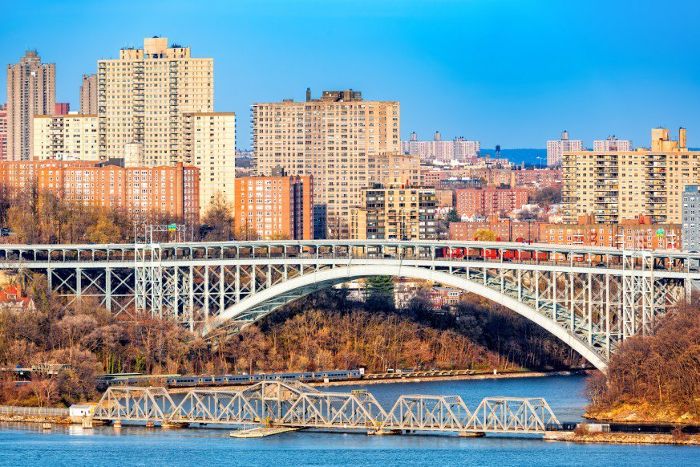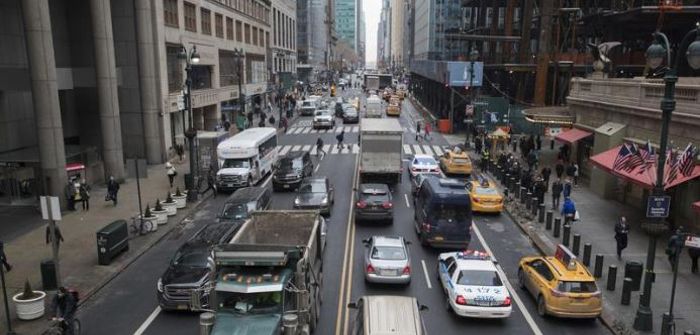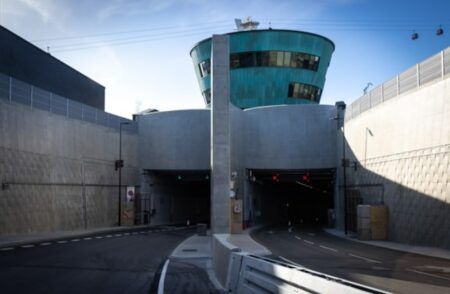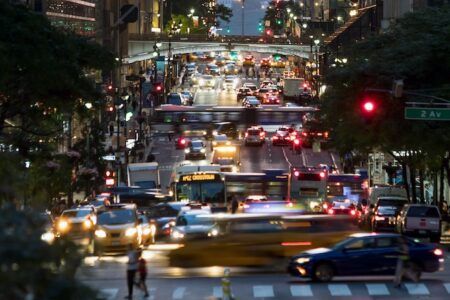New York is due to become the first city in the USA to introduce a congestion charging scheme, with drivers being tolled to enter the Central Business District of Manhattan and the raised revenue being used to modernize the city’s ageing subway system.
The congestion charging plan was approved by the New York State legislature as part of its FY 2020 Budget, with the scheme expected to raise US$15bn for the Metropolitan Transportation Authority (MTA), which is struggling to modernize decades-old subway infrastructure and reduce delays across the network.
Under the plan backed by Governor Andrew Cuomo, drivers will have to pay tolls to enter Manhattan’s Central Business District south of 60th Street. The implementation date for the congestion charging program will not be before December 31, 2020, and the Enacted Budget creates a dedicated ‘lockbox’ to ensure that 100% of the new revenue goes to the MTA capital budget and prohibits its use for non-capital spending.
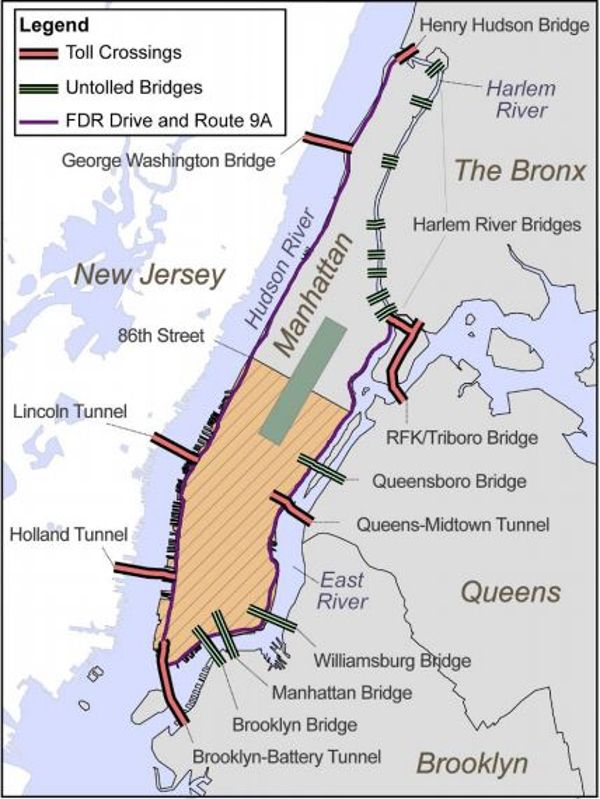
The Central Business District congestion pricing program will be the first scheme of its kind in the USA and will include the installation of electronic tolling devices on the perimeter of the area, defined as streets south of 60th Street in Manhattan. The borough’s Franklin D Roosevelt East River Drive (FDR Drive) and West Side highway, which run up and down either side of the island, will be exempt from the charge, while people who live in the congestion charging zone and earn less than US$60,000 a year will get a tax credit for any tolls they pay. The program will be established, operated and maintained by the MTA’s Bridges and Tunnels division, working closely with the New York City Department of Transportation (NYCDOT) for installation.
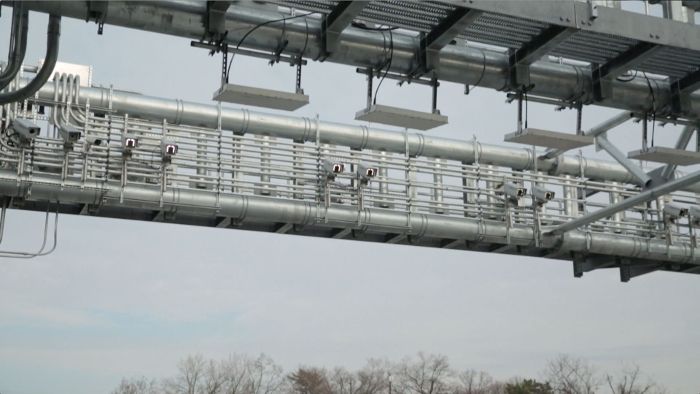 MTA Bridges and Tunnels already operates seven toll bridges and two tunnels in New York City, with the majority of its revenue gathered through the E-ZPass electronic toll collection system. A six-member Traffic Mobility Review Board will be established by the MTA to advise on tolls, exemptions and credits to ultimately be determined by the agency based on recommendations from the board.
MTA Bridges and Tunnels already operates seven toll bridges and two tunnels in New York City, with the majority of its revenue gathered through the E-ZPass electronic toll collection system. A six-member Traffic Mobility Review Board will be established by the MTA to advise on tolls, exemptions and credits to ultimately be determined by the agency based on recommendations from the board.
Tolls will be variable and passenger vehicles will only be charged once per day. Passengers in taxis and for-hire cars already have to pay a congestion charge of up to US$2.75 in Manhattan. Previous proposals have called for a charge of around US$12 for cars and US$25 for trucks, but the amount will vary based on day and time.
Mayor Bill de Blasio, who had previously objected to the scheme, approved the new plan earlier this year. He commented, “I endorsed congestion pricing because I knew, if done right, it was our best hope at getting the trains moving and ending the suffering our riders face every day. This budget represents a giant step in the right direction. With a guaranteed lockbox for New York City riders, fairness for the outer boroughs, and exemptions for people experiencing hardships, I am confident this dedicated revenue stream will go a long way toward fixing the MTA’s broken subway system.”
